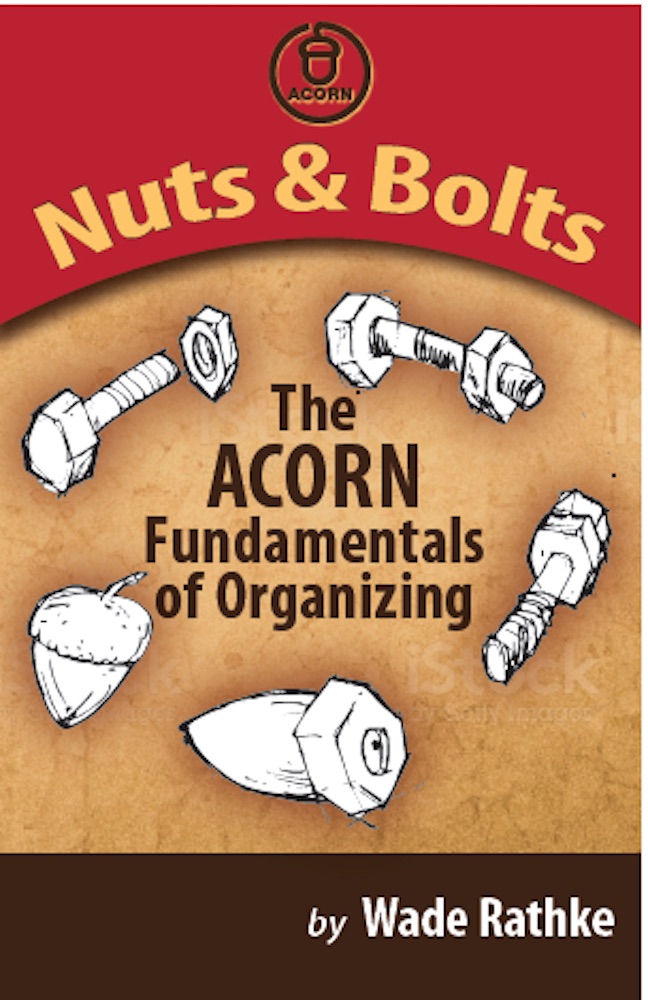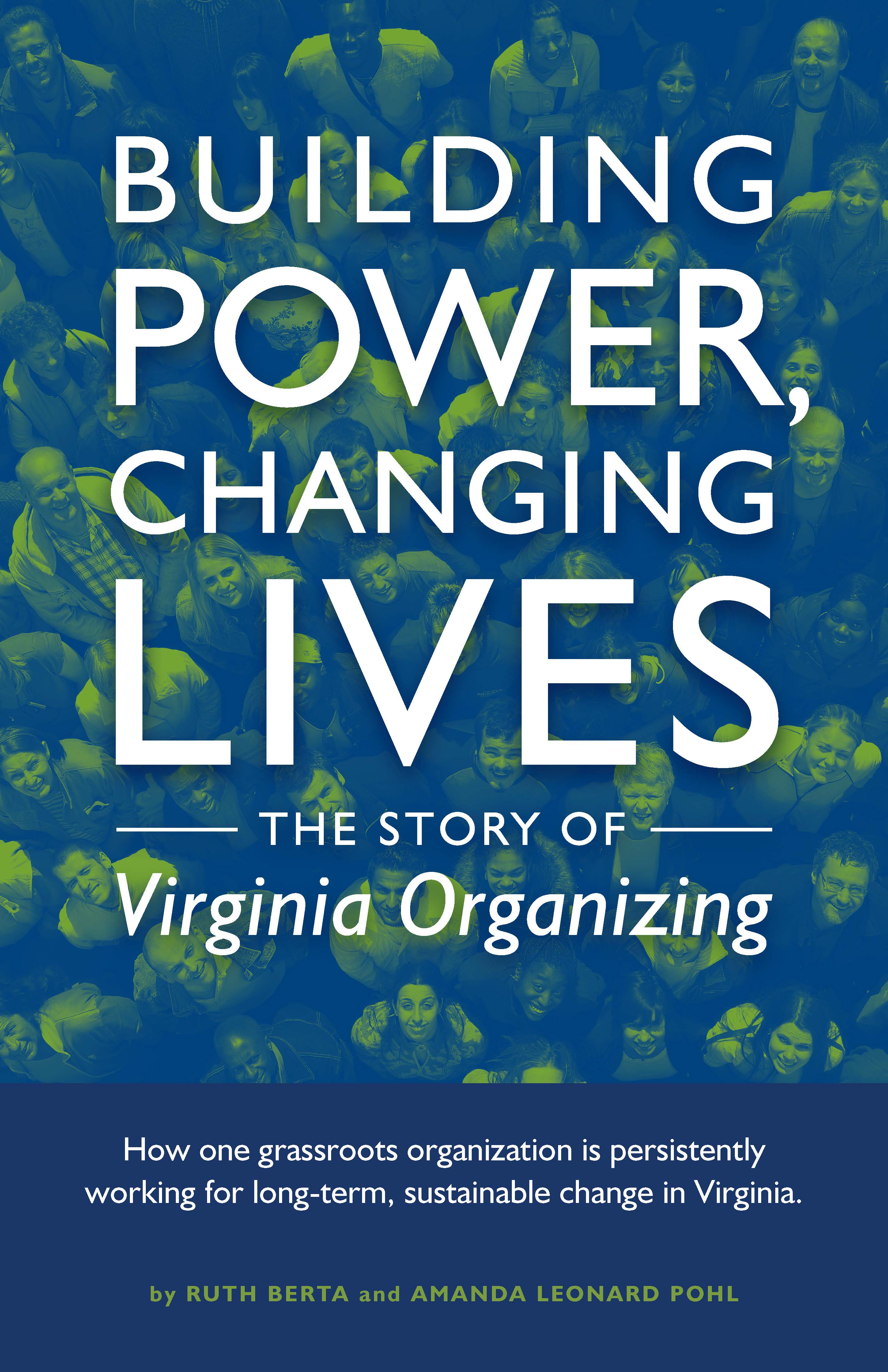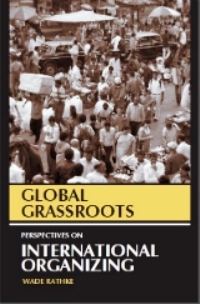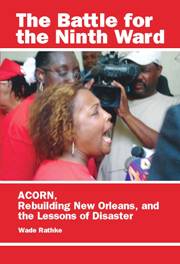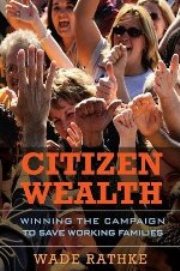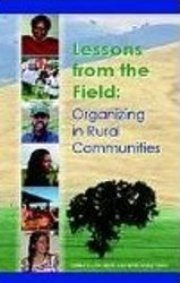
It’s been a long year! Save me from the lines about how it “flew by.” Maybe so, but a lot of it was a slog under the clouds of war and chaos. I’m not saying it was a bad year compared to so many others, especially the recent pandemic and its horrors, but it was no breezy walk in the park. I wish in our final number of 2023 in our 53rd year, we could paint lipstick on this pig, but, my friends, that’s not going to be happening.
Let’s start with climate, while we still can, and Stephen Eisenmann’s clarion call for a working-class environmentalism along the lines that his organization, the Anthroprocene Alliance, is trying to fashion. He’s not putting any sugar in your coffee. We need something big to happen. Ed Martin makes the same case when it comes to economic policy as he dissects various theories and comes down advocating a return to the dramatic measures enacted and advocated by New Deal US President Franklin Delano Roosevelt. Later in this same issue, Bruce Boccardy, unpacks the way that personal financial issues are eroding the foundation of the administration’s claims of the success of Bidenomics. In the midst of these hard truths about macro-crises, Olivia O’Conner’s report on how ACORN in Hamilton, Ontario has managed to bet back tenant displacement through “renovictions” seems like this issue’s version of a “feel good” story.
Another world is possible, and we can see some of the shape of this world in the Special Report from the Organizers’ Forum delegates on their recent exploration of northern Brazil, a little over twenty years after initial international dialogue in Brazil during the time of Lula da Silva’s first successful presidential campaign. Doug Dykens of the BCGEU and Toney Orr of ULU give a good perspective on the condition of labor and its prospects in a second Lula regime. Neil Sealy of ACO was able to update the progress of the MST, as Latin America’s largest social movement, where we benefited immensely from visits with a number of their projects and encampments. Beth Butler of ACV shares how impressed she was meeting the women’s waste pickers’ collective and the Domestic Workers’ Union. Kayla Szustaczek of ACORN Canada shares the story of the fight to protect and save Vale Encantado. This was the first Organizers’ Forum International Dialogue after a break during the pandemic, so it was good – and inspiring – to share these reports.
James Mumm’s regular book review walks the walk with three different sets of authors to unpack issues for organizers and activists around strategy, women’s role, and professionalism. Our columnists go deep as well. Phil Mattera finds some encouraging life in the fight for consumer protection. Drummond Pike wonders what’s happening in the unhinging of Elon Musk. Gregory Squires examines the ongoing dilemma of achieving fair housing. John Anderson makes the case that organizers need to not only listen, but also look to understand what potential members are saying with their body language. I finish up in Backstory with a look at where labor unions find themselves as the year closes.
In short, this has not been an easy year, but our final issue of the year points the direction for how 2024 could be better, if we do the work.
The “Environmental Movement-Industry”
Movements are collective drives for large-scale social or political change. Examples are the abolitionist movement, the civil rights movement, the women’s movement, the anti-(Vietnam) war movement, and the anti-nuclear (or nuclear freeze) movement. They engaged vast numbers of people, lasted many years, and had significant impacts, though none was fully successful according to their own measures or in retrospect. The abolitionist movement, for example, (combined with slave uprisings), ultimately ended chattel slavery globally, but the system of capitalist wage-labor that replaced it left most former slaves – and other laborers -- powerless in the workplace and subject to the profit maximizing behavior (greed) of employers.
The unquestioned economic truth for conservatives, libertarians and even most liberals is that unfettered markets promote the optimal amount of economic well-being. Yet, over the past forty years the propagation of free trade, liberalized markets, and unrestricted political barriers, has resulted in: (1) a massive distribution of enormous wealth for the fractional elite, and (2) a vast majority remaining financially stagnant and, in many occurrences, stripped of personal wealth, resources and assets. Economic growth and well-being are measured in terms of the Gross Domestic Product (GDP), that is, all the total wealth created nationally. The Wall Street elites who claim the lion’s share of this wealth, argue that the wealth they create, in turn creates jobs for others to the benefit of masses. Yet there is little evidence that this correlation exists.
In the summer of 2018, the ACORN office in Hamilton, Ontario, received a call from a concerned tenant about their apartment building being sold to a new company and growing fear among tenants that the new landlord wanted tenants out. We met with the tenant to discuss the issues in the building and what a tenants’ organization would look like. The tenant joined ACORN and led efforts to organize meetings and actions to demonstrate the landlord’s mistreatment of tenants since they took over ownership of the property. The organization took a strong stand that tenants were not moving.
The end of the year wrap-ups in one venue after another tout the resurgence of labor.
They make the case largely on the backs of strikers, particularly the deal won by the UAW from the Big-3 under their feisty leader, Shawn Fain. Autoworkers were one of many strikers including what seemed all of Hollywood, truck drivers, healthcare workers, and many, many others. October saw the most feet on bricks in forty years.
There’s a strong brief to be argued. The Teamsters laid out an ambitious set of bargaining goals and damned near achieved everyone of them, including tightening down on the tiers between new and old workers. The UAW did much the same with a creative strategy and innovative tactics, including winning payments from the companies for those workers the union had called out on strike, which is unheard of. Union demands couldn’t be pigeonholed either, because some of their issues, like the impact of artificial intelligence on their jobs as writers and actors, were cutting edge. Casino workers in Las Vegas were able to do the happy dance as well. President Biden even joined a picket line. How about that? No question, unions were clearly having a moment. At least, this was true for legacy unions with long established positions in their industries and localities.
Many of these same reports still mention the organizing surge that was predicted by the Amazon victory in Staten Island and the hundreds of wins by Workers United, SEIU, in Starbucks stores all over the country, but the organizing story for unions is less rosy. After six months, Starbucks was in the headlines asking the union to come back to the bargaining table. Maybe that’s progress, and maybe that’s the company believing they have waited the union and the workers out long enough to water down whatever might follow. Amazon on the other hand continues to play hardball and give no quarter. A nascent organizing drive, once again by the independent and now conflict-riven Amazon Labor Union, in Kentucky was in the news once again for firing organizers and union-busting. There’s also no news that indicates that there is any real progress in moving to a contract in Staten Island.
There is no sign, at least not yet, although of course our fingers are crossed, that the strike successes are pushing workers forward into new organizing drives, despite the UAW’s claims that thousands are calling them to organize. Interestingly, some of the workers that are breaking ground are very white collar. Microsoft seems to have entered a neutrality agreement under the auspices of the AFL-CIO and the Communications Workers, that could cover 100,000 workers, mostly in tech. This follows success with gamers that helped Microsoft monopolize that sector. SEIU has made progress with doctors. Nurses are organizing in some places, including in New Orleans. The NLRB continues to try to make the path easier, even as Congress starves its budget, delaying with one hand, what was being accelerated with the other.
These are all exciting developments. They are something like spring buds bursting up after a long winter. If you have a union, you’re happy for it. If you could get a union, surveys indicate workers and the public in record numbers think that would be a good idea. It’s not a false spring, but neither is there yet any sign there the movement is back with labor. In new organizing, most of this looks like good engineering, rather than the winds of change sweeping through the working classes. Inflation is easing, and employers are pushing back harder now. There’s a historic opportunity, but still at year’s end for all the applause and hype, not enough is happening to bring the changes workers need and demand for real and effective organization.



